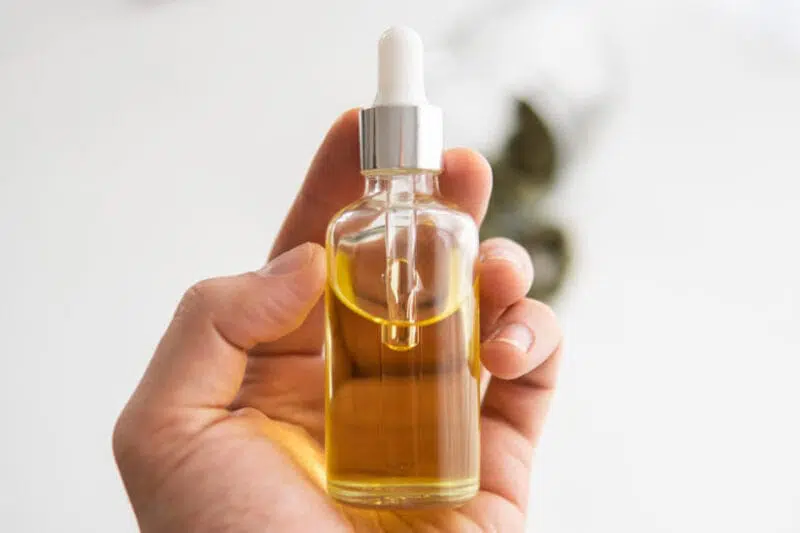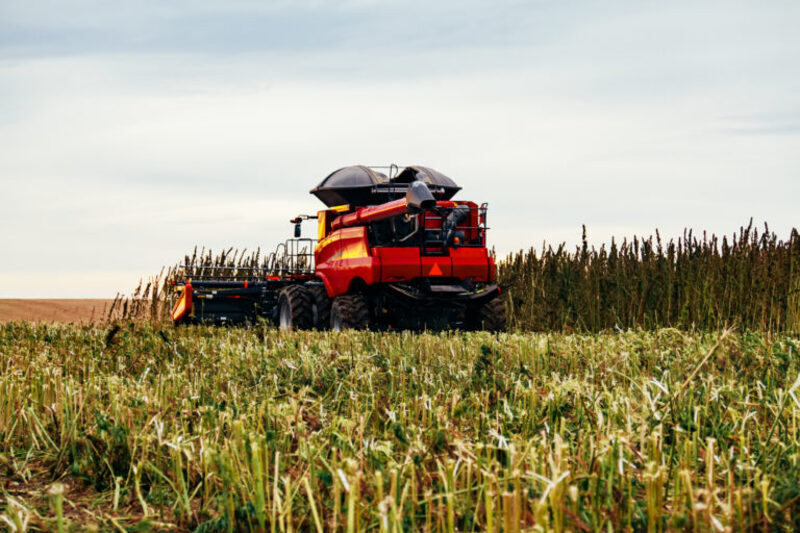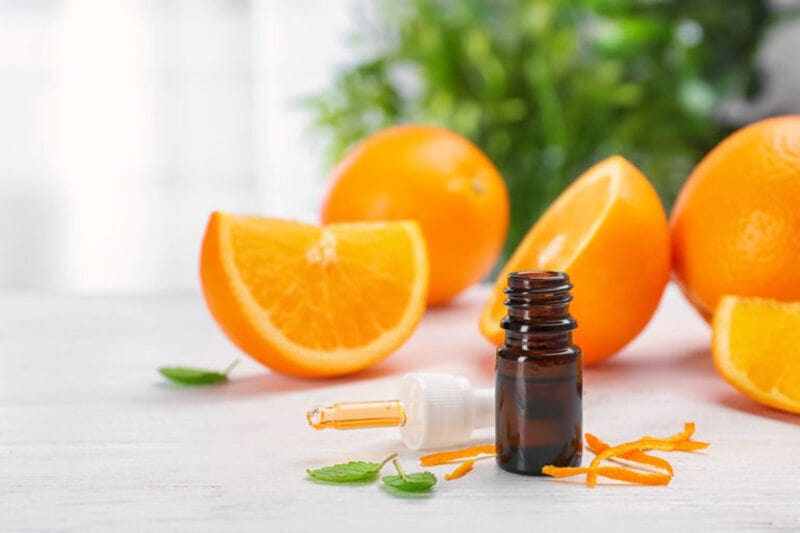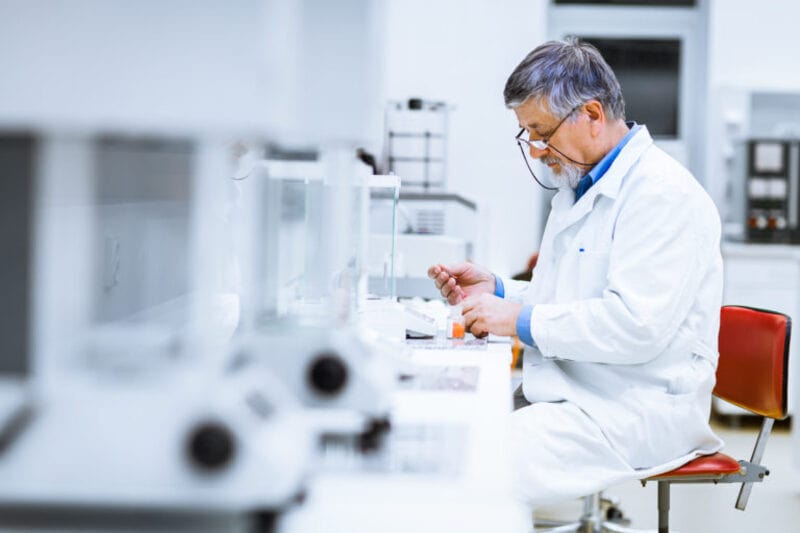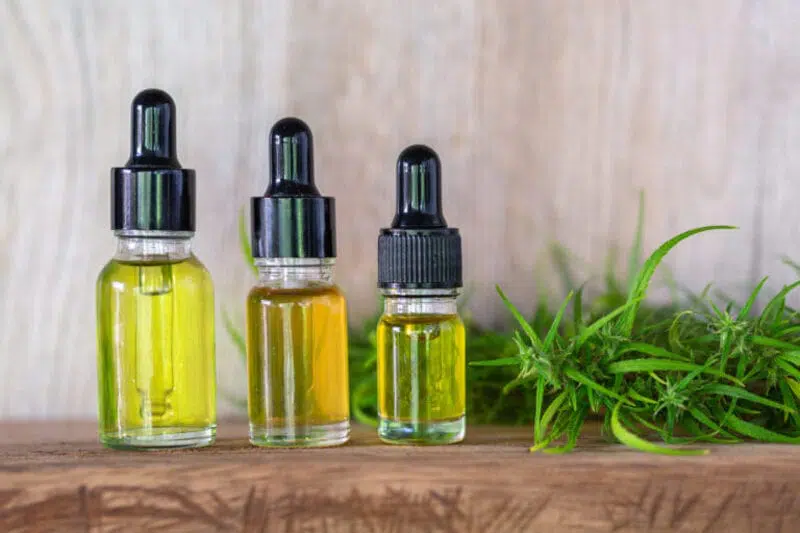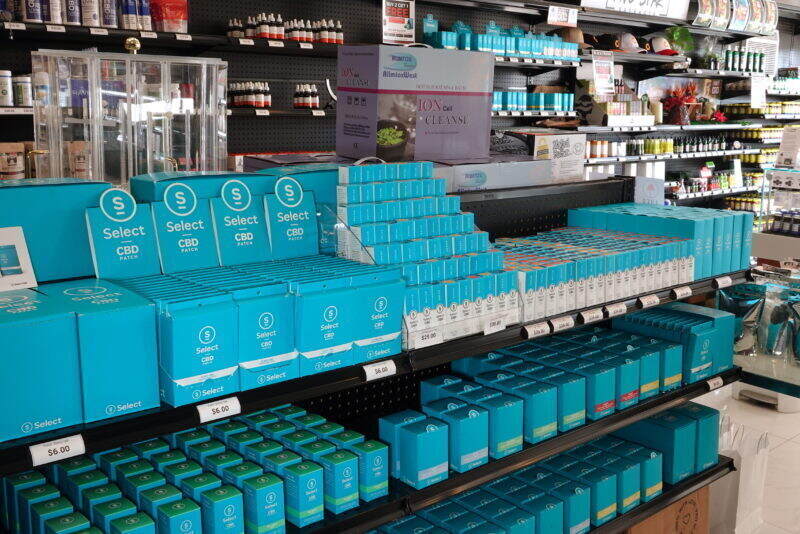-
- Market Research
- |
- CBD Near Me
- |
- Giveaways
- |
- Newsletter
- |
- Contact
- |
- Advertise
- |
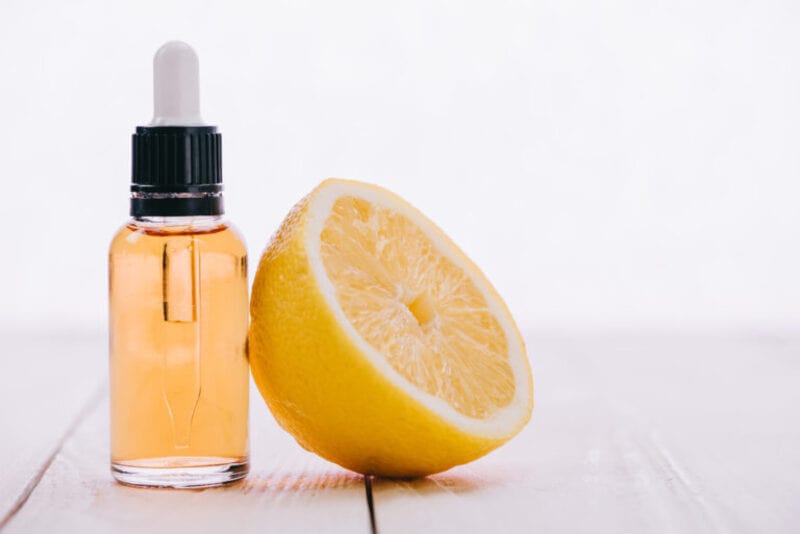
Table of Contents
Here’s the latest CBD news:
- The Virginia governor has signed a bill into law that allows CBD to be regulated as food.
- Prominent hemp organizations sent a letter to the Small Business Administration to ensure hemp farmers receive coronavirus relief.
CBD News Stories
- Virginia to Regulate CBD Products as Food
- Hemp Organizations Send Letter to SBA to Help Farmers Receive Coronavirus Aid
Virginia to Regulate CBD Products as Food
Virginia Governor Ralph Northam has signed a bill regulating CBD as food, providing the state’s CBD brands with clear guidance about how to manufacture and market their products.
The Virginia Department of Agriculture and Consumer Services will now regulate hemp-derived CBD, including the testing and labeling of products.
Currently, the FDA considers CBD to be a drug under the Food, Drug and Cosmetic Act because it is used in the medication Epidiolex; although, whether it was first marketed as a dietary supplement before being used as a drug is debated by both CBD activists and the FDA.
As a result, the FDA considers it illegal to add CBD to food and drinks or to be marketed as a dietary supplement.
The agency is working on a regulatory framework to allow CBD products to be included in food and treated as dietary supplements, but officials have said it could take years.
Meanwhile, CBD companies are subject to the FDA’s enforcement discretion without clear guidelines.
A bill introduced to Congress in January that would define hemp-derived CBD as a dietary supplement is attempting to speed up the timeline.
However, the bill has received little traction largely due to the COVID-19 crisis.
Virginia’s decision to regulate CBD as food provides CBD companies with clear guidance about what is expected from their products.
Hemp Organizations Send Letter to SBA to Help Farmers Receive Coronavirus Aid
Several hemp organizations wrote a joint letter to the head of the Small Business Administration (SBA) to ensure that farmers are eligible for coronavirus relief programs.
The letter, written by Vote Hemp, U.S. Hemp Roundtable, U.S. Hemp Growers Association, Hemp Industries Association, National Industrial Hemp Council, Midwest Hemp Council, Hemp Feed Coalition, and Nebraska Hemp Industries Association, urges Administrator Jovita Carranza to ensure farmers have access to the Economic Injury Disaster Loans (EIDL) program.
“Farmers are experiencing significant headwinds and instability as a result of the COVID-19 pandemic and must be able to access disaster relief programs that can support them now,” wrote the organizations.
The organizations noted that farmers are usually excluded from the EIDL so as not to duplicate relief programs from other agencies like the US Department of Agriculture (USDA).
However, the organizations pointed out that the relief programs from the USDA are typically for natural disasters and not pandemics like COVID-19.
“We urge SBA to clarify that agricultural enterprises are eligible for the EIDL program as well as the emergency grant program,” wrote the organizations. “We also ask that SBA issue clear guidance confirming that agricultural enterprises are eligible for other SBA programs included in the CARES Act.”
The organizations wrapped up their letter by expressing that farmers are “essential to the food and energy security of our nation” and they are “relying on SBA to help them stay afloat during this time of heightened market unpredictability and economic hardship.”


